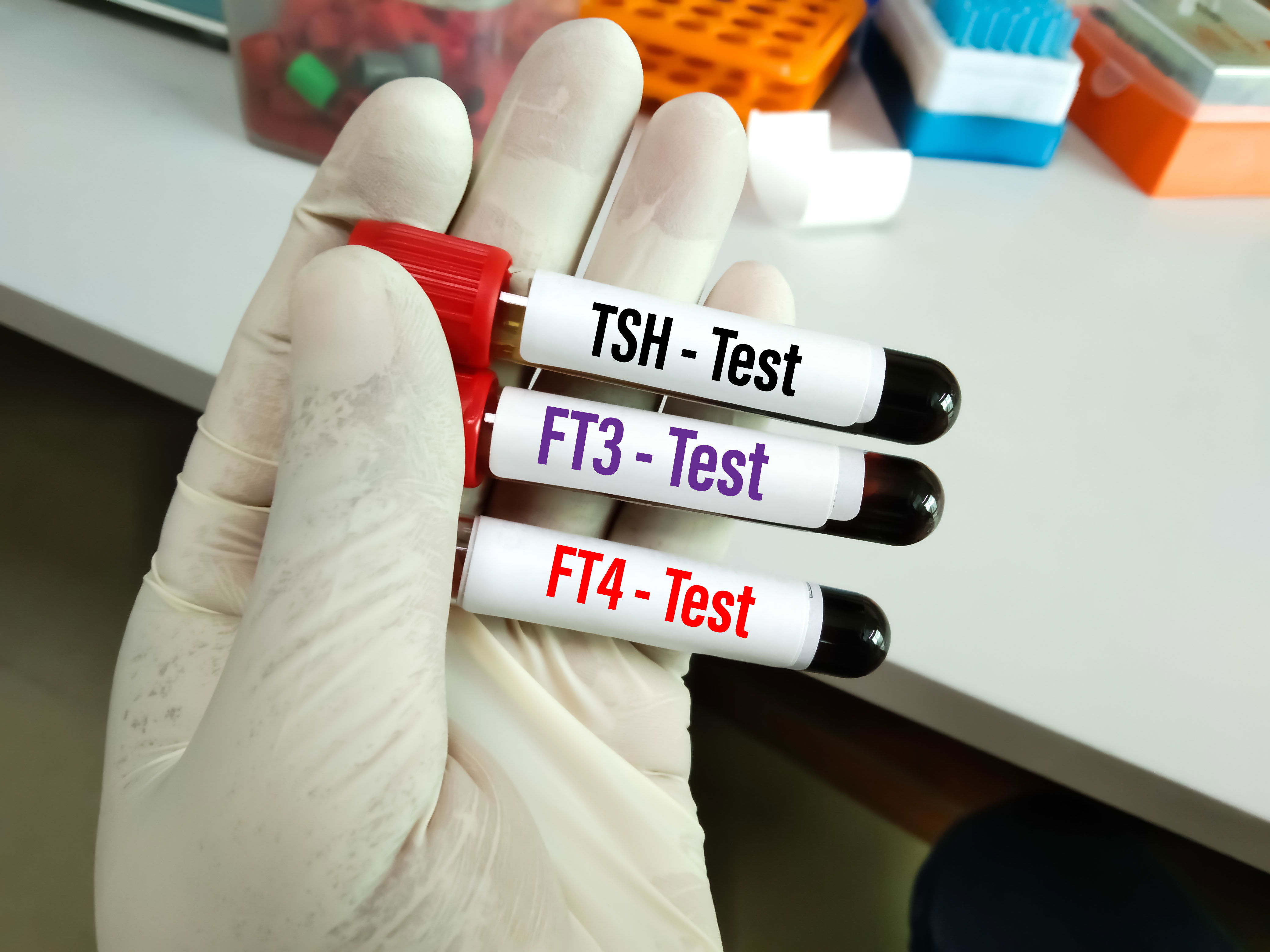Understanding Thyroid Issues: Causes, Symptoms, and Solutions
The thyroid is a small, butterfly-shaped gland located at the front of the neck, but don’t let its size fool you—this gland plays a vital role in regulating your body’s metabolism, energy levels, temperature, and even mood. When something goes wrong with the thyroid, it can lead to widespread effects on health. Thyroid disorders are common, affecting millions worldwide, especially women.
The Two Main Thyroid Disorders
The most common thyroid issues are hypothyroidism (underactive thyroid) and hyperthyroidism (overactive thyroid).
Hypothyroidism occurs when the thyroid gland does not produce enough hormones. It slows down body functions and can result from autoimmune diseases (like Hashimoto’s thyroiditis), iodine deficiency, or damage from medications or surgery. Common symptoms include fatigue, weight gain, constipation, depression, cold intolerance, dry skin, and memory issues.
Hyperthyroidism, on the other hand, happens when the thyroid produces too much hormone, accelerating metabolism. It’s often caused by Graves’ disease, thyroid nodules, or excessive iodine intake. Symptoms include rapid heartbeat, weight loss, heat intolerance, anxiety, tremors, and frequent bowel movements.
Other Thyroid Conditions
- Goiter: An enlarged thyroid, which may be visible as a neck swelling. It can result from iodine deficiency or thyroid dysfunction.
- Thyroid nodules: Lumps in the thyroid gland that are often benign but may require monitoring or biopsy.
- Thyroid cancer: Usually discovered as a nodule and diagnosed via fine-needle aspiration. Prognosis is generally good when caught early.
How Thyroid Problems Are Diagnosed
Diagnosis typically starts with a physical exam and blood tests. The most common lab test is TSH (thyroid-stimulating hormone), which reflects how well the thyroid is functioning. Low TSH suggests hyperthyroidism, while high TSH suggests hypothyroidism. Additional tests include Free T4, Free T3, and thyroid antibody tests to identify autoimmune causes. Ultrasound or radioactive iodine scans may be used to examine the gland’s structure or activity.

Treatment Options
Treatment depends on the specific condition:
- Hypothyroidism is treated with synthetic thyroid hormone, usually levothyroxine, taken daily to normalize hormone levels.
- Hyperthyroidism may be treated with anti-thyroid medications like methimazole, radioactive iodine therapy, or surgery in severe or persistent cases.
- Nodules or goiters may not require treatment unless they affect hormone levels or cause symptoms.
- Thyroid cancer treatment usually involves surgery, often followed by radioactive iodine and hormone therapy.
Living with a Thyroid Disorder
While thyroid disorders can be lifelong, they are usually manageable with proper treatment and regular monitoring. A balanced diet, regular exercise, stress management, and medication adherence are key. Some patients benefit from avoiding goitrogens (foods like raw cruciferous vegetables in excess) and ensuring adequate iodine and selenium intake. If you suspect a thyroid issue due to unexplained symptoms, it’s worth getting checked. Early detection and treatment can help restore quality of life and prevent complications.


